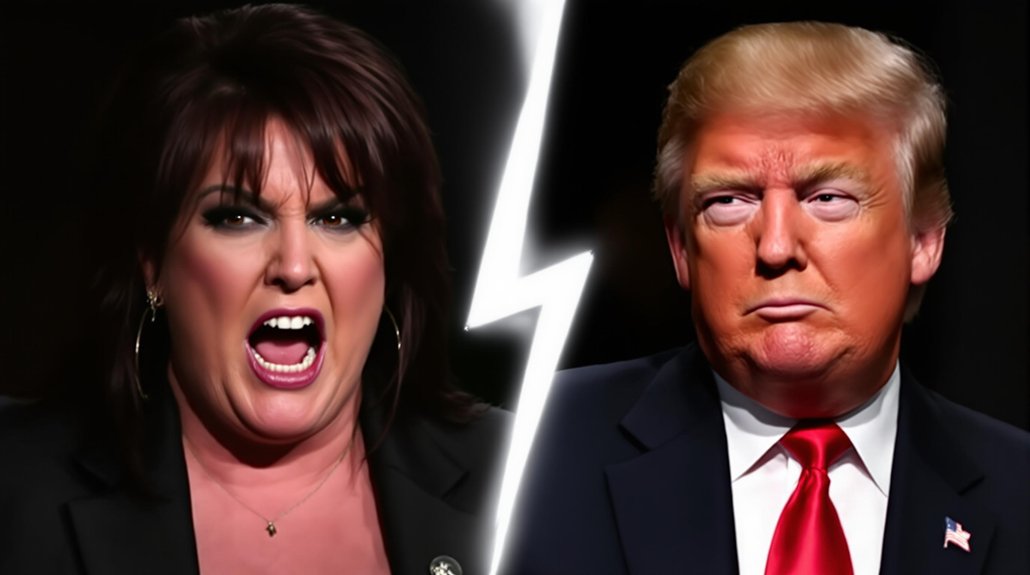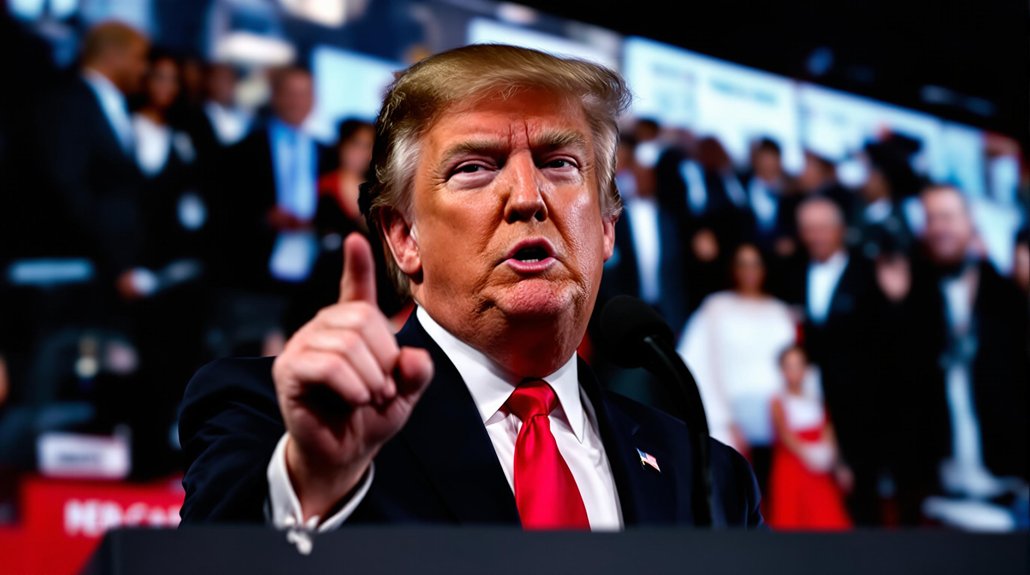The brutal feud between Rosie O’Donnell and Donald Trump began in December 2006 when O’Donnell criticized Trump’s handling of Miss USA Tara Conner’s scandal on “The View,” calling him a “snake-oil salesman.” Trump responded with a mass media blitz featuring derogatory remarks and legal threats. The conflict has persisted for nearly two decades, with both parties leveraging television appearances and social media to exchange insults, shaping their public personas and exemplifying American political polarization that continues escalating through 2025.
A bitter public feud that has spanned nearly two decades began in December 2006 when television host Rosie O’Donnell criticized businessman Donald Trump on ABC’s “The View” regarding his handling of Miss USA Tara Conner’s scandal. O’Donnell accused Trump of being a “snake-oil salesman” and questioned his moral authority, citing his multiple marriages and business bankruptcies as evidence of his questionable character.
Trump responded immediately with threats of legal action against O’Donnell, publicly insulting her by calling her a “loser” and making additional derogatory remarks through various media outlets. The businessman launched what observers described as a “mass media blitz,” utilizing interviews and television appearances to attack O’Donnell’s credibility and personal life, though his threatened lawsuits never materialized.
The conflict quickly gained widespread media coverage, establishing a pattern for highly publicized celebrity disputes involving Trump. Both participants leveraged mainstream media and later social media platforms as battlegrounds for their ongoing exchanges, keeping the feud prominently in public view through sustained attacks and counterattacks.
O’Donnell continued mocking Trump’s business record and personal relationships on national television, while Trump maintained his aggressive rhetoric across multiple platforms. When O’Donnell announced her engagement in 2011, Trump publicly mocked the news on social media, repeating his previous “loser” characterization and demonstrating the feud’s persistence. Even when O’Donnell suffered a heart attack in August 2012, Trump surprisingly tweeted well wishes, which O’Donnell found unexpected given their bitter history.
The dispute greatly influenced both participants’ public personas and career trajectories. O’Donnell’s criticism solidified her image as a prominent Trump opponent and liberal voice, while Trump used the conflict to reinforce his reputation for aggressive counterpunching against critics. The feud became intertwined with Trump’s political campaigns, exemplifying his combative communication style. During this period, O’Donnell leveraged her outspoken nature that had previously earned her recognition as Time magazine’s 100 most influential people in 2007.
Cultural commentators have cited the ongoing conflict as emblematic of broader polarization in American political discourse and media sensationalism. O’Donnell has expanded her criticism beyond the original dispute to encompass Trump’s policies and leadership during his presidency, while Trump continued referencing their feud for rhetorical effect throughout his political career.
The escalation reached new heights in 2025 when Trump publicly suggested considering revoking O’Donnell’s citizenship, demonstrating the enduring intensity of their nearly two-decade confrontation.








